Description
Wander the storied land of pharaohs and kings—where colossal pyramids, legendary tombs, and towering temples cascade across the terrain. The mighty Nile River welcomes you for an unhurried journey that reveals seemingly limitless vistas of infinite deserts contrasted by metropolitan cities.
| Day | Activities | Hotels and Meals |
| Day 1 |
Arrival Cairo Meet & Greet Air Transfer to Hotel |
Le Meridien Pyramid Hotel |
| Day 2 |
Cairo Pyramids Tour Afternoon Safari Activities Tarangire |
Le Meridien Pyramid Hotel Breakfast, Lunch, Dinner |
| Day 3 |
Cairo – City Tour and Museum Game Drives |
Le Meridien Pyramid Hotel Breakfast, Lunch, Dinner |
| Day 4 |
Flight from Cairo to Luxor – East Bank Tour | Isis Luxor Hotel Breakfast, Dinner |
| Day 5 |
West Bank Tour – Drive to Hurghada | Sunrise Holiday Resort Breakfast, Dinner |
| Day 6 |
Rest and Relax at Hurghada | Sunrise Holiday Resort Breakfast, Dinner |
| Day 7 |
Rest and Relax at Hurghada | Sunrise Holiday Resort Breakfast, Dinner |
| Day 8 |
Fly Hurghada to Cairo – Depart Airport Transfer |
Breakfast, Lunch |
Day 1 – Arrive into Cairo
Welcome to Egypt! Upon arrival into Cairo airport you will be met by our local reps and transferred to your hotel for the start of the tour.
(No meals included)
Day 2 – Cairo. Pyramids Tour
Your tour of ancient Egypt begins this morning with a trip to Giza to view the Sphinx and the world famous Pyramids. Enjoy a fully guided tour of these beautiful monuments before having the chance to explore on your own. (Breakfast at hotel included)
Day 3 – Cairo. Museum & City tour
After breakfast we travel into central Cairo and begin with a visit to the incredible Egyptian Museum – home to countless ancient artifacts including the Tutankhamun exhibition. After a guided tour we travel to the bustling streets of Khan-el-Khalili market, Cairo’s most famous bazaar. overnight at your hotel. (Breakfast at hotel included)
Day 4 – Flight Cairo to Luxor. East Bank tour
Breakfast. Flight to Luxor. Arriving into Luxor and the heart of the Nile Valley this morning we tour of the East Bank. Starting at the incredible and vast temple complex of Karnak we then enjoy a horse and carriage ride in the evening to view the iconic and beautiful Luxor Temple. (Breakfast at hotel included)
Day 5 – Luxor. West bank tour. Drive to Hurghada
We have an early start this morning to avoid the crowds and make the most of cooler temperatures for our tour of the West Bank sites. Beginning at the Colossi of Memnon we then visit the fabled Valley of the Kings burial site and the mortuary temple of Ramses III (Medinet Habu) before ending the excursion at the historic temple of Queen Hatshepsut. In the afternoon we drive out to Hurghada on the Red Sea for a few days relaxation on the beach. (Breakfast and dinner at hotel included)
Day 6 – Hurghada. Free Day.
The Red Sea is world famous for its abundant coral reefs and amazing aquatic life. Free day. Contact our local reps to arrange any activities
(Breakfast and dinner at hotel included)
Day 7 – Hurghada. Free day
Free day. Contact our local reps to arrange any activities.
(Breakfast and dinner at hotel included)
Day 8 – Hurghada. Fly to Cairo
We depart Hurghada this morning for the quick flight back to Cairo, upon arrival transfer to the airport for flight back home. (Breakfast at hotel included)
Tour Price Per Person
| Dates | 2 People | 4 People | 6 People |
| 02 Jan to 31 Mar 2025 01 Nov to 15 Dec 2025 |
$2470 | $2190 | $1935 |
| 01 Apr to 30 Jun 2025 | $2470 | $2190 | $1935 |
| 01 Jul to 31 Oct 2025 16 Dec to 03 Jan 2026 |
$2470 | $2190 | $1935 |
Rates are subject to change without notice.
Important to Know
- This tour can’t be booked by solo travelers.
- Rates are per person and exclude the international flight from/to your home country.
- Rates include a fixed budget for flights during this tour. Flights may cost more, depending on travel dates. If so, your quote will reflect this.
8 Days From USD 1,935 Per Person
DEPARTURE/RETURN LOCATION
Cairo Airport / Cairo Airport
DEPARTURE TIME
Morning departure is recommended
DEPARTURE DATES
Flexible and open
RETURN TIME
Flexible
WEAR
Comfortable athletic clothing, hiking boots, hat, jacket and sunscreen.
INCLUDED:
- Government imposed increase of park fees and/or taxes
- Park fees (for non-residents)
- All activities (unless labeled as optional)
- Meals (as specified in the day-by-day section)
- Drinks (as specified in the day-by-day section)
- All accommodation (unless listed as upgrade)
- Round trip airport transfer
- A professional driver/guide
- All transportation (unless labeled as optional)
- All Taxes/VAT
NOT INCLUDED
- Accommodation on the last day
- Sleeping bags (available for hire)
- Camping beds (available for hire)
- International flights (from/to home)
- Tips
- Personal items (souvenirs, travel insurance, visa fees, etc.)
- Some meals (as specified in the day-by-day)





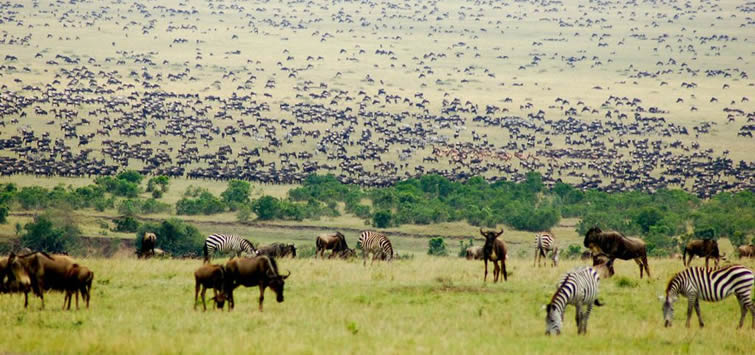
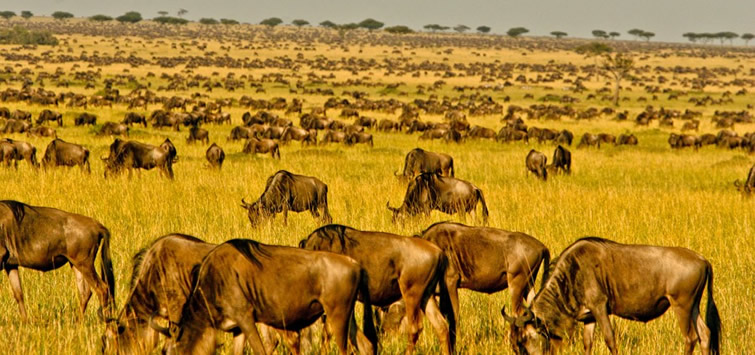
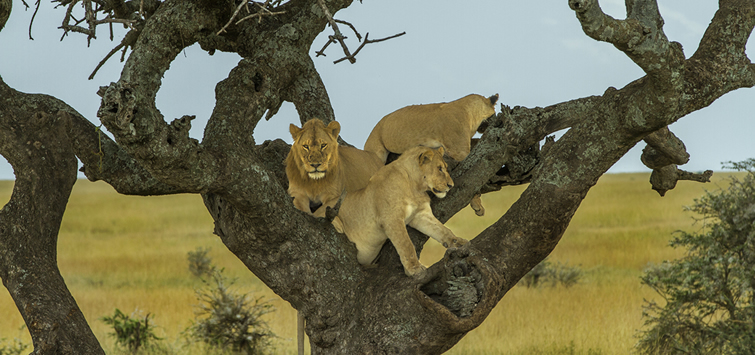
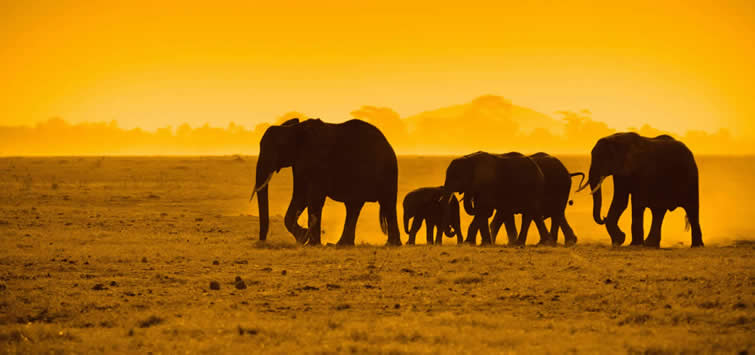
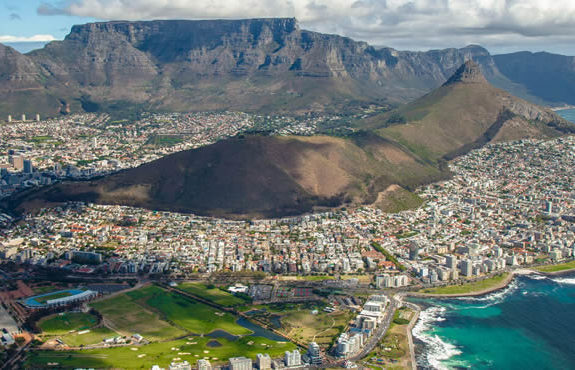

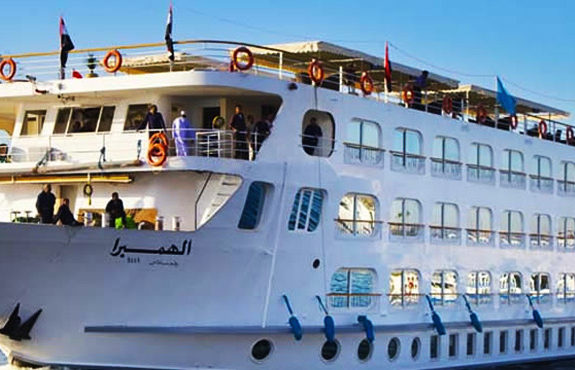

Reviews
There are no reviews yet.